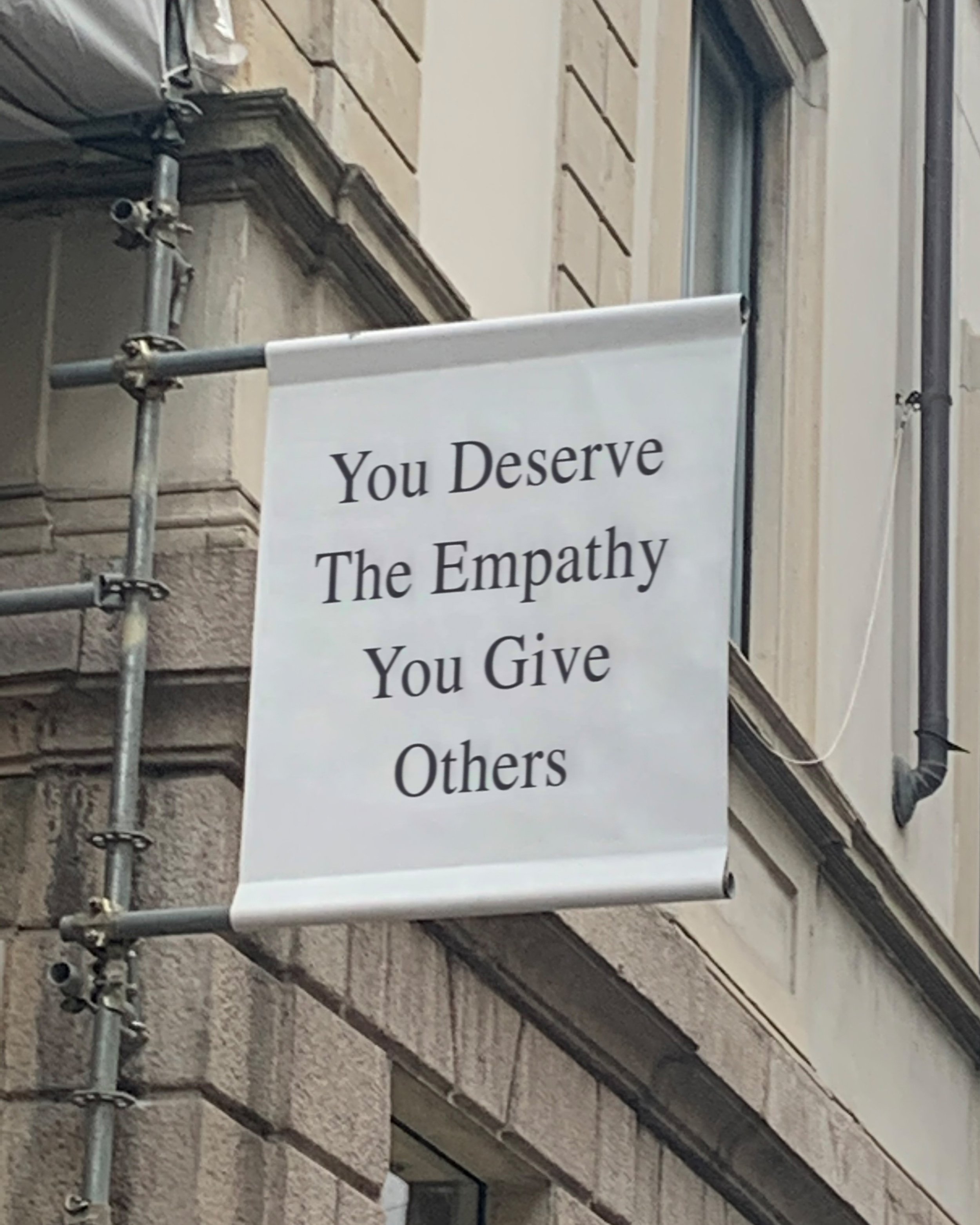Blog
Popular Topics

The Power of Restorative Rest: How it Heals Anxiety and Trauma
Restorative rest is essential for recharging the body and mind, activating the parasympathetic nervous system to reduce stress, tension, and inflammation while promoting long-term physical and emotional health. Unlike passive scrolling or idle relaxation, restorative rest involves intentional practices like eating slowly, walking mindfully, or putting your phone away to signal safety to the brain and regulate the nervous system. Prioritizing rest isn’t lazy—it’s a powerful investment in productivity, creativity, and overall well-being.

Healing Through Connection: The Power of Nourished Relationships and Co-Regulation
Curious to learn more about the influence your relationships have on your nervous system and stress reponse? Let's explore the impact of relationships on the healing journey. Our nervous systems thrive in the presence of safe and stable individuals, making nourishing relationships one of the most powerful tools in healing. Learn ways to find healthy individuals to create relationships with and discover how transformative a safe support system can be.

The Importance of Self-Compassion
Self-compassion is often thought to be soft, weak, or unproductive. But self-compassion isn't wallowing and, actually, research shows numerous benefits of practicing self-compassion. We'll explore what self-compassion actually is, what the research says, and how to bring in practices to everyday life.

The Science of Connection: Why Neurobiology is Important in Couple’s Therapy
The neurobiology of connection is essentially what happens in the brain when we are in connection with others. In a hyper-world, it can be easy to forget that we are social creatures. Connection isn’t just something we want, it’s something we need. Just like air, we can’t survive without it. This blog explores the connection between Polyvagal Theory, Attachment Styles, and Couple’s Work.

Nurturing Holistic Family Connections
In the tapestry of our lives, family is often the most intricate and profound thread. As we navigate the complexities of relationships, it becomes crucial to approach family dynamics with a holistic mindset, acknowledging the interconnectedness of physical, emotional, and spiritual well-being. In this blog post, we explore how a therapeutic approach can nurture holistic family connections, fostering a harmonious environment where individuals can thrive.

Validation in Relationships
Validation does not always (or even usually!) mean saying “You’re right” or “I’m sorry.” In conflict, we often fear that validating the other person is akin to “losing” the argument or giving up. It can actually be quite the opposite. Validation can build compassion, cultivate connection, and lead to strengthened communication.

A Path to Relieving Chronic Pain
Holistic psychotherapy offers hope for chronic pain sufferers. This comprehensive approach addresses psychological triggers, stress reduction, coping strategies, and lifestyle factors, leading to lasting relief and improved well-being. If you're living with chronic pain, consider holistic psychotherapy as part of your pain management strategy for a more comprehensive solution.

Attachment Styles & Our Relationships
Attachment styles are patterns of relating to others, primarily formed in early childhood through interactions with caregivers. These styles play a significant role in shaping how individuals approach emotional intimacy and relationships, impacting their trust, vulnerability, and behavior. Working with a licensed mental health professional is a safe and supportive way to address and potentially change one's attachment style.

Embodiment: Coming Home to Ourselves
The text explores the concept of embodiment, emphasizing the importance of reconnecting with the physical body in a culture that often prioritizes intellectual and emotional aspects over the physical. It defines embodiment as the experience of being a body in a social context and highlights the significance of exteroception, proprioception, and interoception in creating a felt sense of self.

How Trauma Can Impact Your Relationships
Trauma can make it more difficult to connect and engage with others and can lead to difficulties in trust, communication, and intimacy.

Intrusive Thoughts: An Acceptance and Commitment Approach
An exploration of Intrusive Thoughts, including what they are, who has them, and why they’re so emotionally distressing. From there, we’ll move into exploration of Acceptance and Commitment Therapy, a mindfulness-based behavioral therapy that can offer us relief in the form of psychological flexibility.

Self-Compassion + Your Nervous System
Just as our stories are different depending on how the nervous system is functioning, the stories we are telling ourselves also impact how the nervous system is functioning. We have the ability to help support the nervous system in regulating or to contribute to dysregulation.

Signs of Nervous System Dysregulation
What is nervous system dysregulation? Our nervous systems are meant to move flexibly between our three states. When we get stuck in the mobilized or immobilized state, our mind and body’s focus is on survival. We can be chronically stuck in a stress response prepared to fight, flee, or freeze.
